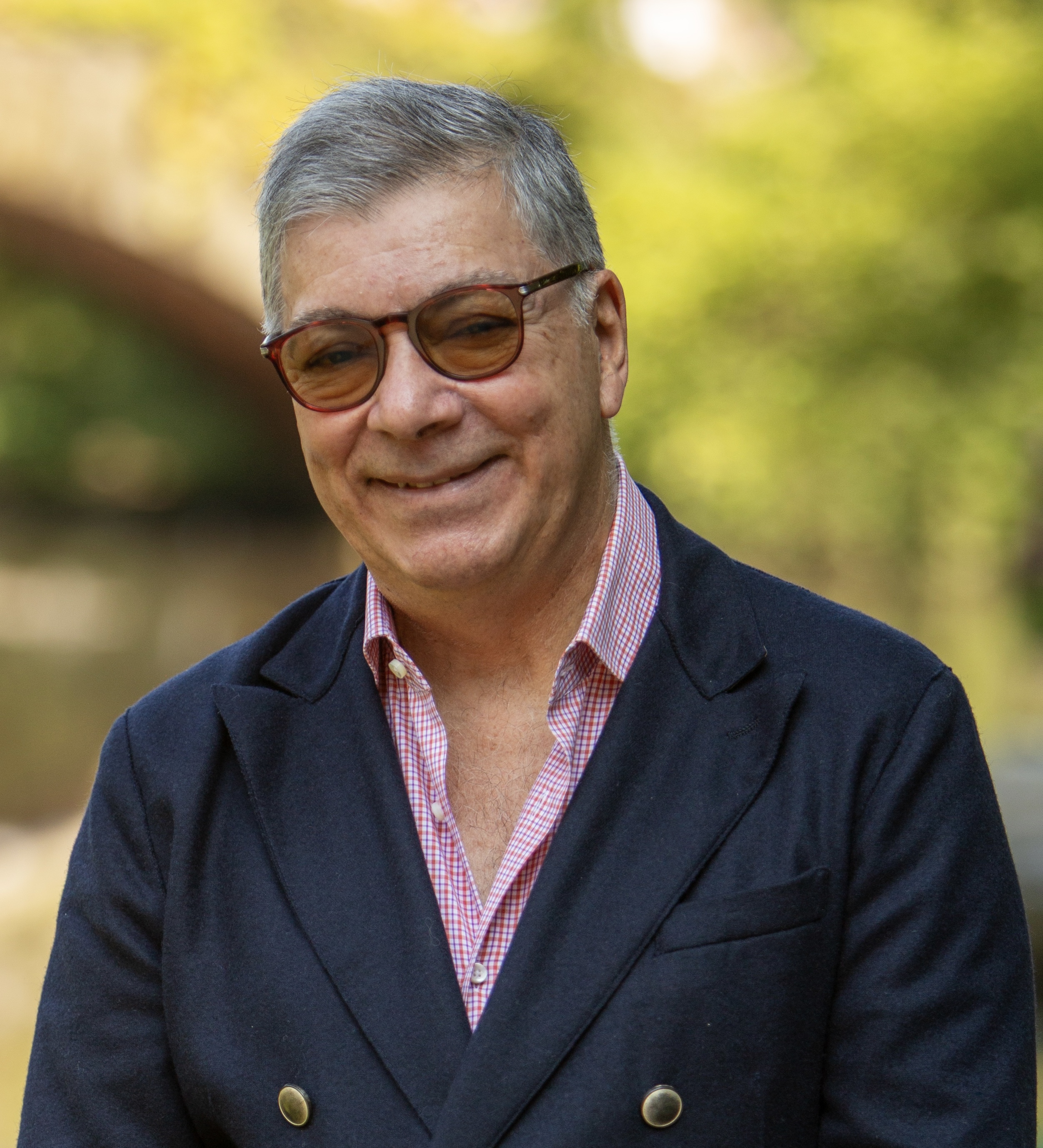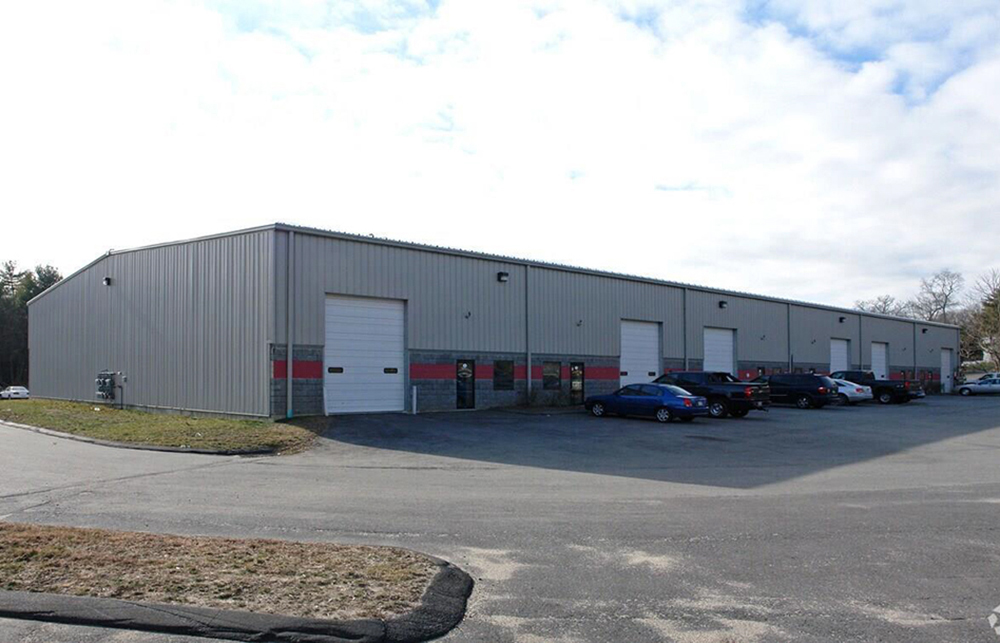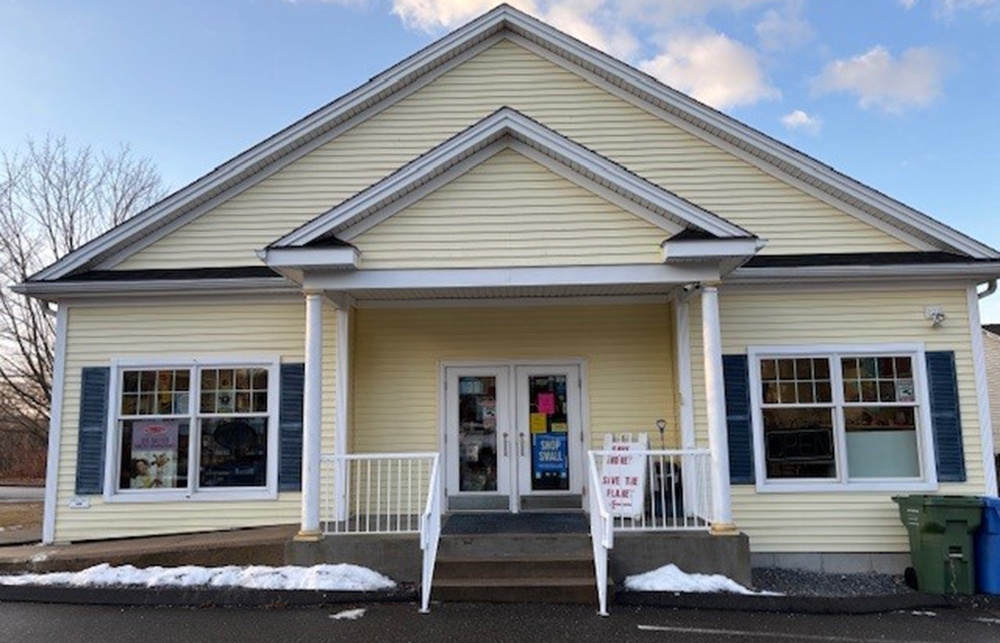Shawmut Design and Construction completes 12,400 s/f Uniqlo flagship
 Shawmut-Uniqlo-300x200.jpg" alt="Uniqlo in Faneuil Hall - Boston, MA" width="300" height="200" /> Uniqlo in Faneuil Hall - Boston, MA
Shawmut-Uniqlo-300x200.jpg" alt="Uniqlo in Faneuil Hall - Boston, MA" width="300" height="200" /> Uniqlo in Faneuil Hall - Boston, MABoston, MA Shawmut Design and Construction, a $1.2 billion national construction management firm, completed Uniqlo in Faneuil Hall. Shawmut worked with the contemporary LifeWear brand to combine Boston tradition with modern design and create the first-ever retail store in the historic Quincy Market building and Uniqlo flagship in the city.
Construction of the 12,400 s/f multi-level store included a comprehensive demolition of the space, coordination of a new storefront at the first level, wood cladding on the ceilings, and extensive built-in casework. The team installed a one-of-a-kind granite staircase and coordinated a custom flying mannequin display, which required additional structural steel for support. The team also put in all new mechanical, electrical, and plumbing systems throughout the space.
To incorporate Uniqlo’s modern aesthetic into the 190-year-old building, black design elements were combined with existing brick and granite, resulting in a design unique to this location. Original exposed brick, granite piers, and original wood ceiling trusses were all historic elements that were protected or enhanced as part of the construction.
“This latest Uniqlo completion is a testament to Shawmut’s ability to modernize a historic building while maintaining its authenticity,” said Les Hiscoe, CEO of Shawmut. “The team worked carefully to ensure the building’s foundation was stabilized in order to support all of the unique features of the store, which takes up the whole west wing of Quincy Market.”
Over the past four years, Shawmut has built more than 20 Uniqlo locations with this one marking the Japanese retailer’s first specialty store in Boston, featuring designer collaborations that aren’t available at suburban stores. This project represents the latest in Shawmut’s retail work, with recent completions including Saint Laurent in New York, Tom Ford in Miami, and Louis Vuitton in Los Angeles.
RapDev leases 17,587 s/f at 501 Boylston St. - lease brokered by JLL


Retail / tariffs / uncertainty and (still) opportunity - Carol Todreas
As new tariffs continue to impact the global economy, retail businesses and investors are grappling with heightened uncertainty. From new high tariffs to supply chain issues to evolving consumer behaviors, continual changes are making it as or more challenging than the pandemic years. Yet, amidst this turbulence,

End of the year retail thoughts - by Carol Todreas

Placemaking and retail in 2024 - by Carol Todreas
Placemaking. That is the word for 2024. While the concept has historical precedence in urban development, it became part of our current culture in the 1960’s when urbanists started to think about cities for people, not just cars.

Newbury Street: Boston’s timeless retail gem thrives in a modern era - by Joseph Aquino
Boston’s iconic Newbury St. continues to thrive as one of the most vibrant and compelling retail corridors in the United States. Nestled in the heart of the Back Bay, this historic St. has evolved into a powerhouse of high-St. retail, where luxury meets lifestyle and legacy brands coexist with up-and-coming names. With its European charm, diverse architecture, and unmatched foot traffic, Newbury St. remains a dynamic reflection of Boston’s energy, culture, and economic strength.









.png)
